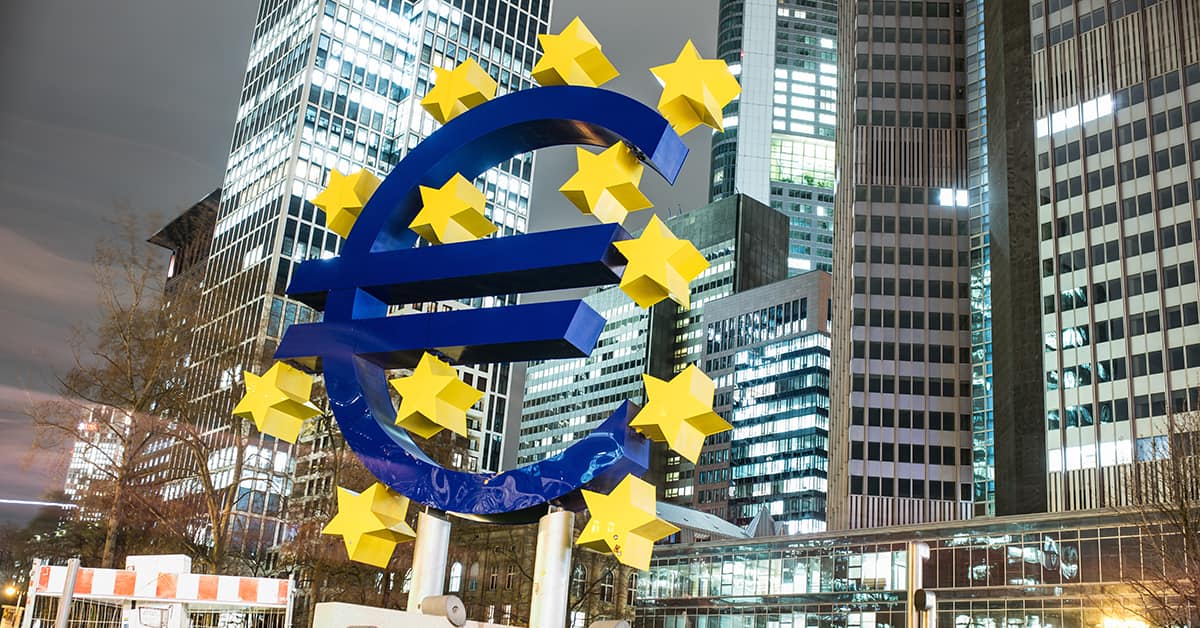London’s loss of the crown as Europe’s top trading hub is only the latest in a year-long string of bad news for the UK.

On January 1, the UK left the European Union’s single market; on January 4, the first business day after the transition period, €6.5 billion ($7.9 billion) in daily trading migrated to EU stock exchanges, roughly halving London’s pre-Brexit averages.
Althought long anticipated, the overnight loss felt no less traumatic. Among the financial centers taking a chunk of the business from the City of London, the biggest winner was Amsterdam. In January, according to the global exchange operator Cboe Global Markets, the Netherlands capital averaged €9.2 billion traded a day while London mustered only €8.6 billion. This compares with an average of €17.5 billion per day in London last year, when Frankfurt was second with €5.9 billion and Amsterdam a distant sixth at €2.6 billion.
“The shift is directly related to Brexit,” says Keith Pilbeam, professor of international economics and finance at City, University of London, “because Boris Johnson’s trade deal did not involve an immediate equivalence recognition for the UK financial services sector.” Brussels has not recognized British trading venues as having the same supervisory status as its own. “As a result,” he says, “while UK financial institutions can still trade shares in EU companies in London, they cannot do so for their EU-based clients.”
Given the windfall enjoyed by Amsterdam and other continental exchanges, he predicts, the European Commission will be in no rush to grant access to its markets.
London’s loss of the crown as Europe’s top trading hub is only the latest in a year-long string of bad news for the UK, from the surge in coronavirus cases to the collapse of its economic growth. Yet, some close observers believe the City could still regain some of its competitive edge. One move in such a direction was the UK Treasury’s decision in January to lift a prohibition on trading of Swiss shares such as Nestlé and Roche, reversing a 2019 EU ban triggered by a spat over stalled trade negotiations.
The volume generated, roughly €1 billion in trading per day, will hardly compensate for the loss in EU shares, however.
“There can be no easy resolution of this issue while the British government fails to commit to changes in EU regulations,” Pilbeam warns. “The more the UK government dithers on the issue, the longer the EU will take to make clear in what areas it is prepared to grant financial equivalence.”



